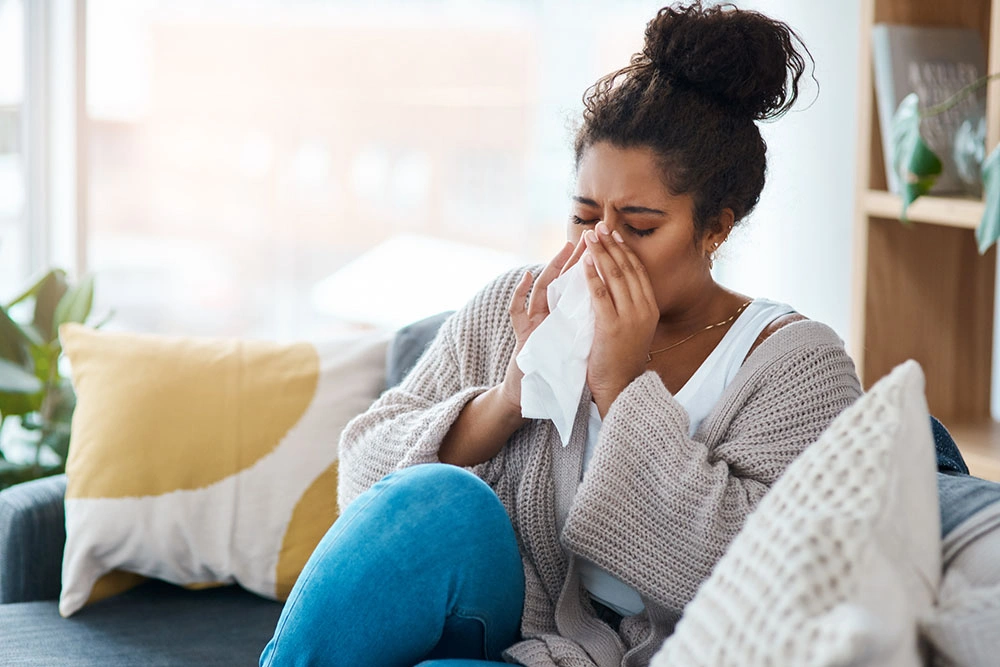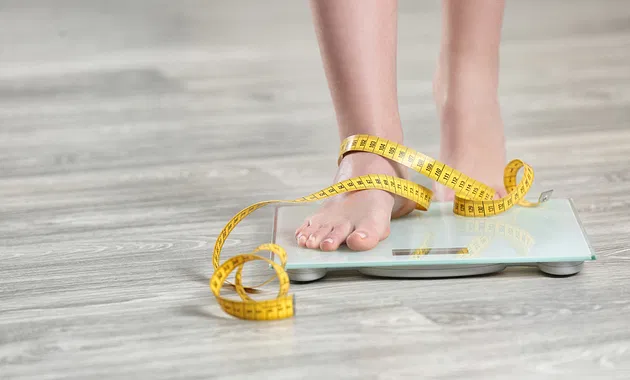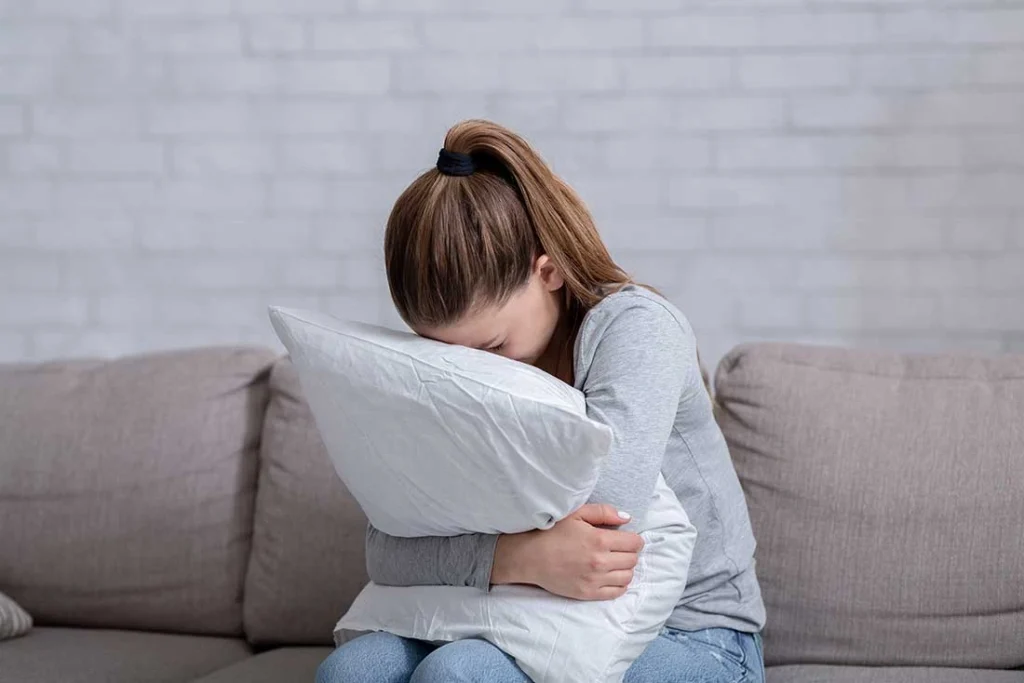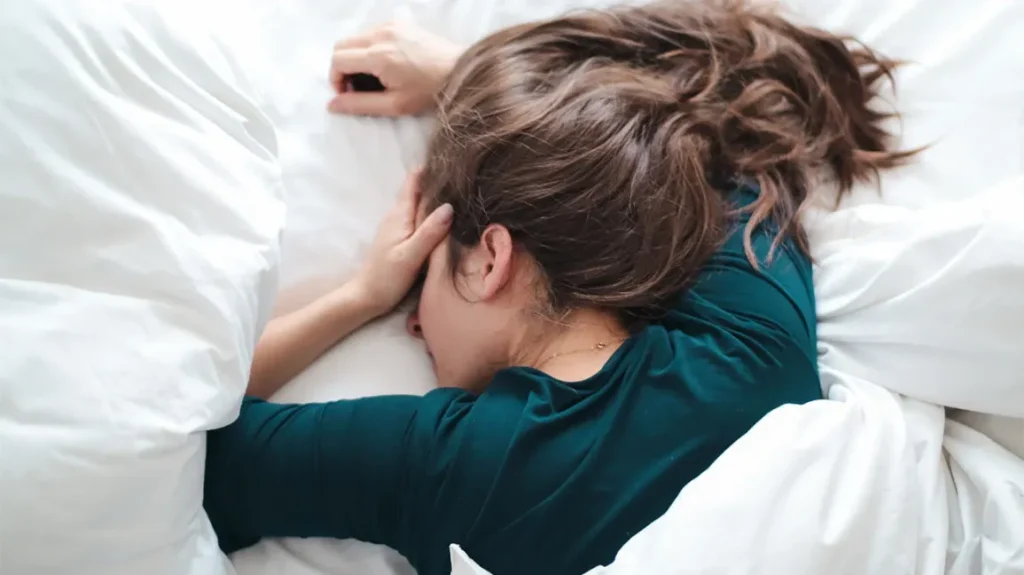In today’s hustle culture, sleep is often sacrificed for productivity. But what if skipping sleep is silently sabotaging your health?
Sleep isn’t just about rest—it’s a critical function that affects everything from your brain performance to your immune system. Chronic sleep deprivation can lead to serious long-term health consequences, even if you think you’re “getting by” on 4–5 hours a night.
Let’s dive into 7 major health risks of not getting enough sleep—and why prioritizing sleep should be at the top of your wellness checklist.
😴 1. Weakened Immune System

Your immune system recharges while you sleep. When you’re sleep-deprived, your body produces fewer cytokines—a type of protein that targets infection and inflammation.
🚨 Risk:
You’re more likely to get sick, and recovery takes longer.
🧠 2. Cognitive Decline & Memory Problems
Sleep is when your brain consolidates information and clears out toxins. Without enough rest, your brain can’t function properly.
🚨 Risk:
- Trouble focusing
- Poor decision-making
- Memory lapses
- Higher risk of Alzheimer’s disease over time
❤️ 3. Increased Risk of Heart Disease
Sleep helps regulate processes that keep your heart and blood vessels healthy, such as blood pressure and inflammation control.
🚨 Risk:
Chronic sleep loss is linked to:
- High blood pressure
- Irregular heartbeat
- Stroke
- Heart attacks
⚖️ 4. Weight Gain & Obesity

Sleep influences hunger-regulating hormones like ghrelin (hunger) and leptin (fullness). Lack of sleep increases ghrelin and decreases leptin—leading to late-night cravings and overeating.
🚨 Risk:
- Weight gain
- Increased risk of obesity
- Poor metabolism
🩸 5. Higher Risk of Type 2 Diabetes
Sleep affects how your body processes glucose. Poor sleep can lead to insulin resistance, which is a precursor to type 2 diabetes.
🚨 Risk:
- Blood sugar spikes
- Increased risk of metabolic syndrome and diabetes
😔 6. Mood Disorders

Sleep and mental health go hand in hand. Sleep loss increases stress hormones like cortisol and disrupts brain chemicals that regulate emotions.
🚨 Risk:
- Depression
- Anxiety
- Mood swings
- Burnout
🧬 7. Reduced Longevity
Studies show people who consistently sleep less than 6 hours a night have a shorter life expectancy than those who get the recommended 7–9 hours.
🚨 Risk:
- Increased risk of early death
- Accelerated biological aging
🛌 How to Improve Your Sleep (Quick Tips)
If sleep deprivation is an issue, you’re not alone. Here are a few habits to help you improve:
- Stick to a sleep schedule (even on weekends)
- Avoid screens at least 30–60 minutes before bed
- Limit caffeine and alcohol in the evening
- Create a relaxing bedtime routine
- Keep your bedroom cool, dark, and quiet
✅ Final Thoughts: Sleep Is Not a Luxury—It’s a Necessity
You can’t pour from an empty cup, and that includes your sleep-deprived body. Whether you’re chasing health goals, career milestones, or just trying to feel better day to day—sleep is the foundation.
It’s time to stop glorifying all-nighters and late-night grinds. Start treating sleep like the health essential it is—because your body and brain depend on it.

